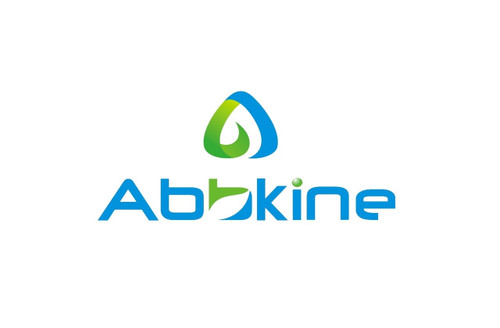Product Description
Rat Type-2 angiotensin II receptor (AGTR2) ELISA Kit | AE24326RA | Abebio
Species Reactivity: Rat (Rattus norvegicus)
Abbreviation: AGTR2
Alternative Name: AT2; ATGR2; MRX88; angiotensin receptor 2
Application: ELISA
Range: 0.156-10 ng/mL
Sensitivity: 0.051 ng/mL
Intra-Assay: ≤5.2%
Inter-Assay: ≤7.1%
Recovery: 1, 04
Sample Type: Serum, Plasma, Other biological fluids
Detection Method: Sandwich
Analysis Method : Quantitive
Test Principale: This assay employs a two-site sandwich ELISA to quantitate AGTR2 in samples. An antibody specific for AGTR2 has been pre-coated onto a microplate. Standards and samples are pipetted into the wells and anyAGTR2 present is bound by the immobilized antibody. After removing any unbound substances, a biotin-conjugated antibody specific for AGTR2 is added to the wells. After washing, Streptavidin conjugated Horseradish Peroxidase (HRP) is added to the wells. Following a wash to remove any unbound avidin-enzyme reagent, a substrate solution is added to the wells and color develops in proportion to the amount of AGTR2 bound in the initial step. The color development is stopped and the intensity of the color is measured.
Product Overview: Angiotensin II is a potent pressor hormone and a primary regulator of aldosterone secretion. It is an important effector controlling blood pressure and volume in the cardiovascular system. It acts through at least two types of receptors termed AT1 and AT2. AGTR2 belongs to a family 1 of G protein-coupled receptors. It is an integral membrane protein. It plays a role in the central nervous system and cardiovascular functions that are mediated by the renin-angiotensin system. This receptor mediates programmed cell death (apoptosis) . In adults, it is highly expressed in myometrium with lower levels in adrenal gland and fallopian tube. It is highly expressed in fetal kidney and intestine. The human AGTR2 gene is composed of three exons and spans at least 5 kb.
Stability: The stability of ELISA kit is determined by the loss rate of activity. The loss rate of this kit is less than 5% within the expiration date under appropriate storage condition. The loss rate was determined by accelerated thermal degradation test. Keep the kit at 37°C for 4 and 7 days, and compare O.D.values of the kit kept at 37°C with that of at recommended temperature. (referring from China Biological Products Standard, which was calculated by the Arrhenius equation. For ELISA kit, 4 days storage at 37°C can be considered as 6 months at 2 - 8°C, which means 7 days at 37°C equaling 12 months at 2 - 8°C) .
 Euro
Euro
 USD
USD
 British Pound
British Pound
 NULL
NULL








